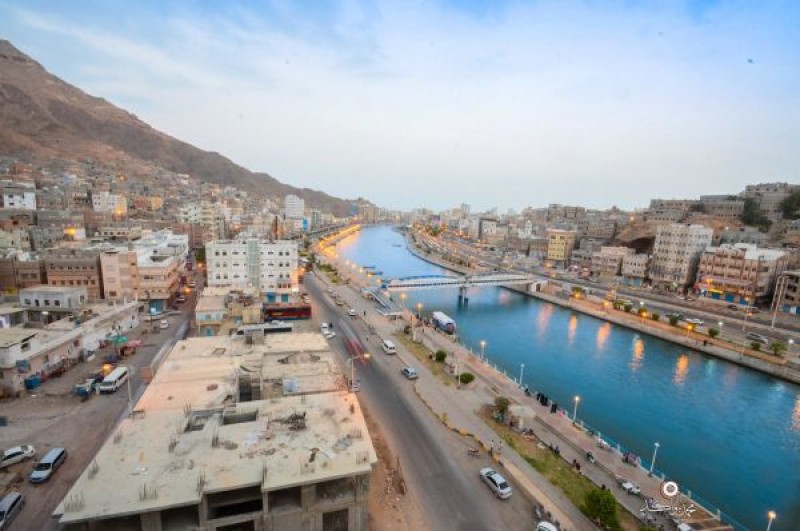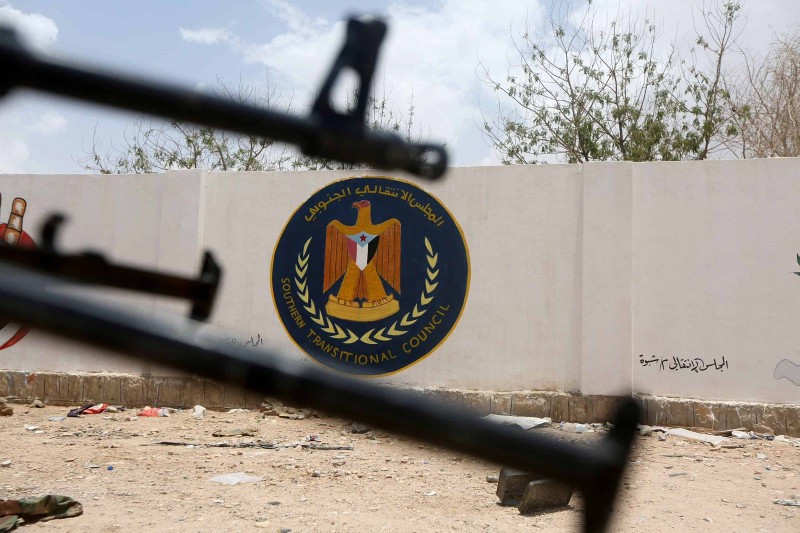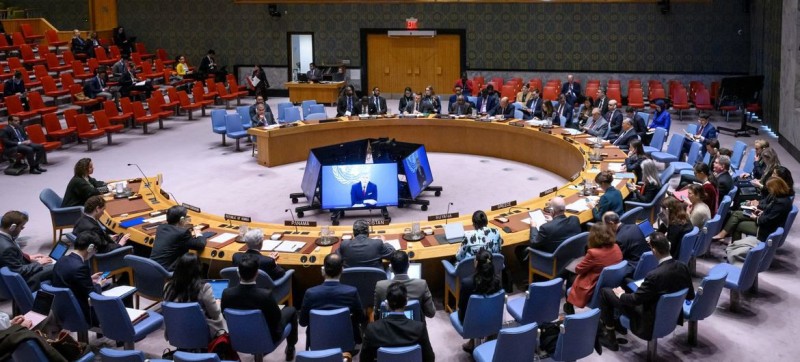Yemen warring parties ‘close to settlement’


Yemen’s warring parties are close to a settlement in peace talks being held in Kuwait, the United Nations’ special envoy for Yemen Esmail Ould Shaikh Ahmad said.
“We are close a settlement but success is dependent on the willingness of the parties to provide concessions, and that’s what we aim to achieve,” he said on Twitter early on Friday, adding that while a solution may be close “it will not be easy”.
“The past few days witnessed movement in the political process on a number of issues,” he wrote, without elaborating.
He also said that the war-ravaged country’s economic and humanitarian situation remains unstable because of volatile political situation and the ongoing conflict.
A Western diplomat at the United Nations Security Council warned about the dire economic situation in Yemen, saying that the country’s foreign reserves dropped from $5 billion (Dh18.35 billion) to less than $1 billion since the war, Saudi-owned Al Hayat newspaper reported.
“This is a result of the plundering of state institutions and military spending on the part of the Al Houthi militia and forces loyal to ousted former President Ali Abdullah Saleh, which amounts to $4 billion since they took control of Sana’a,” the diplomat was quoted as saying.
Khalid Al Yamani, Yemen’s ambassador to Yemen, said that his country had been keen on maintaining a foreign reserve that allowed the government to purchase essential items from foreign markets at times of need for a period of one year, “but the [Al Houthis] plundered the fortunes of the state ... they are gangs that have no knowledge of how to administer the state’s needs,” he was quoted as saying by Al Hayat.
Separately, the United Nations said on Thursday that Yemen’s nearly two-month-old ceasefire has improved humanitarian access but civilians are still facing an “immeasurable” crisis.
The fragile truce was declared on April 11, 10 days before Al Houthi rebels and the government of President Abd Rabbo Mansour Hadi began UN-brokered peace talks in Kuwait.
“The ceasefire has provided us an opportunity to get to areas we haven’t been able to get before,” the UN humanitarian chief in the country, Jamie McGoldrick, said.
He said that while no part of Yemen had been besieged, a number of areas have proved extremely hard to reach since the conflict escalated in March last year, when a Saudi-led Arab coalition began air strikes in support of Yemeni forces resisting the Al Houthis.
McGoldrick said it was difficult to estimate the number of civilians reached with aid since the ceasefire came into force.
The UN was trying to assess the needs nationwide during the lull in violence, he added.
Fighting has also continued despite the truce.
McGoldrick called Yemen’s war “an invisible crisis”, voicing regret at the lack of global concern given to the country, for instance compared to Syria.
“The scale of the emergency is tremendous. The scale of the need is massive and the depth of the crisis is immeasurable,” he told reporters.
Government services and the health system were hardly functioning before the conflict and “the war has all but broken them completely,” McGoldrick said.
Gulf News

Aden – Yemen is witnessing heightened political activity aimed at defusing tensions in the eastern provinces, where competing forces have vie…

Aden – Anwar Al-Tamimi, spokesman for the Southern Transitional Council (STC), stated that the council’s recent deployments toward Hadr…

NEW YORK — The United Nations Security Council will convene its annual session on Wednesday, December 17, to hear briefings from the chairs o…